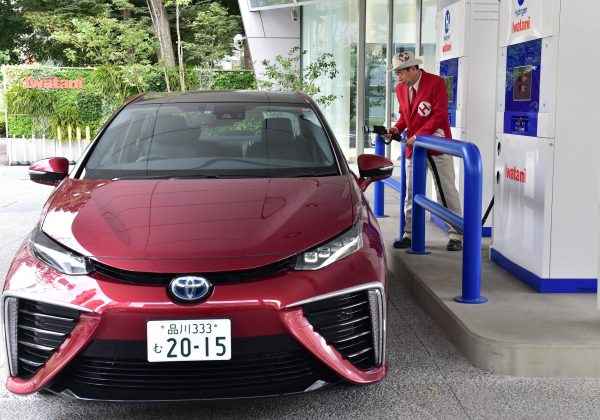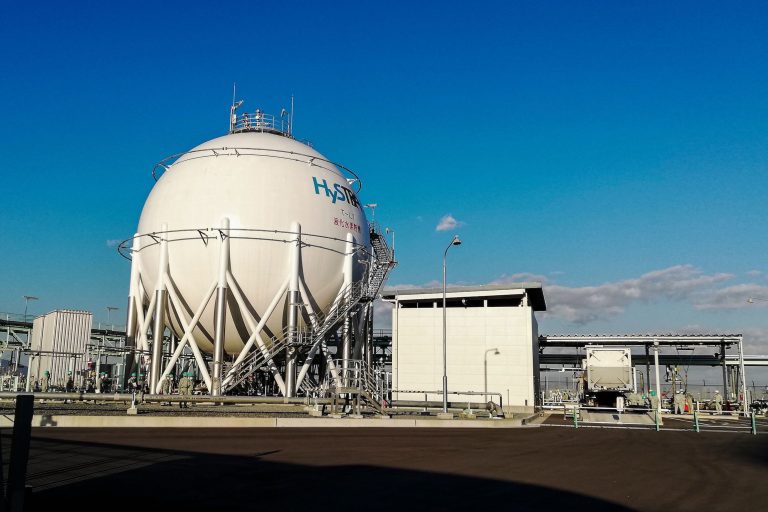Japan’s first investment fund dedicated to the development of hydrogen fuel and infrastructure technology is planned to start in 2024 and will be backed by industrial giants such as Toyota and Sumitomo Mitsui Financial Group (SMFG), as reported by Nikkei Asia on Nov. 1.
They are joined by gas conglomerate Iwatani and other firms to cooperate under the Japan Hydrogen Association, which was founded in 2020. The Assocation will be working with Advantage Partners, a Japanese investment company founded in 1992, to operate the fund.
Including the some 280 private companies backing the hydrogen effort, the Japan Hydrogen Association counts a total of around 370 entities, such as local governments and other public Japanese organizations, among its membership.
READ MORE
- Amidst Fukushima Panic, Chinese Mainlanders Discover Disturbing Truth
- ‘Critical situation’: Japanese Births Continue to Decline, Beating 2021’s Record Low
According to Nikkei, the Japanese government has called for 150 trillion yen (around US$1 trillion) in public and private funding to be invested into fossil fuel alternatives over the next 10 years. About 80 percent of the amount is to come from private business.
Carmaker Toyota has long been at the forefront of hydrogen fuel technology, making it stand out as one of the major auto manufacturers that has not bet its future on electric vehicles (EVs).

Success
You are now signed up for our newsletter
Success
Check your email to complete sign up
Hydrogen, which can be made from water, is a highly flammable, yet clean fuel because it does not create pollutants when burned. Challenges associated with using hydrogen as an energy source for vehicles include storage safety, the need to create a parallel fueling infrastructure to the existing gas and eletric grid, as well as cost effectiveness.
Other than Toyota, multiple smaller Japanese firms are focusing their efforts on hydrogen energy. A source in the Hydrogen Association told Nikkei that the organization hopes to propel these companies to success by supporting their high-risk — but potentially high-reward — endeavors.
The hydrogen fund is expected to invest in both Japanese and foreign companies, with a mind to developing the domestic hydrogen technology sector. It will operate over 10 years with the bulk of the investments occurring in the first half of the decade.
Total investment is expected to reach hundreds of billions of yen (billions of U.S. dollars).
Outside Japan, French oil company TotalEnergies and gas concern Air Liquide launched the Clean H2 Infra Fund in 2021, which oversees around 2 billion euros (about US$2.1 billion) for the development of hydrogen fuel.
On Sept. 26, Germany’s Daimler Trucks completed a day-long test drive of its Mercedes-Benz GenH2 truck, which travelled the country diagonally 1,000 km (650 mi) on a single tank of liquid hydrogen from Woerth am Rhein, on the French border, to Berlin.
















